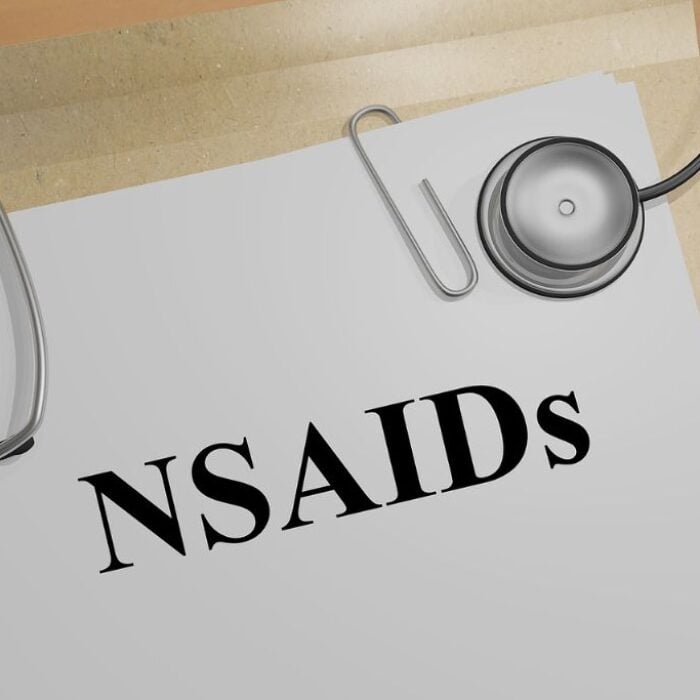It wasn’t hard to detect the glee last week when the National Enquirer published allegations that Rush Limbaugh was addicted to prescription painkillers. Al Franken, liberal un-funnyman, sneered that if the allegations were true, he was “looking forward to the perp walk.” The ultra-liberal Website DemocraticUnderground.com smirked, “Yup, if the rumors are true, Rush Limbaugh is a big fat junkie.” Tony Norman, columnist for the Pittsburgh Post-Gazette, wrote that Limbaugh was “a mere notch or two above a low-rent crack addict.”
Shame on them. Shame on Al Franken for his contemptible chortling. Shame on the DemocraticUnderground.com for its disgusting mockery. Shame on Tony Norman for his hateful comments. Shame on the media for turning a medical issue into a political one.
Unlike recreational drug addiction, prescription painkiller addiction belongs squarely in the medical arena. Recreational drug addiction is just that — recreational. A junkie first picks up marijuana, cocaine or heroin in order to have a good time. No one prescribes heroin for back pain. But for many who become addicted to prescription painkillers, the dealer who gets them hooked is their family doctor.
The Misunderstood Battle Against Prescription Drug Addiction
In 1969, my paternal grandmother, known to our family as “Gaga,” became addicted to prescription painkillers. “I was in tremendous pain because of my back, and the doctors didn’t know why,” Gaga told me last Friday. “So they were giving me all kinds of pain pills, over and over and over again to try and kill the pain. They didn’t realize how much I was taking, and neither did I. Suddenly, I was addicted to them. It killed the pain. And the pain had been incredible.”
Gaga was taking 10 different types of pills per day. “They started you off with a little bit, then more and more,” she remembers. “When you’re taking painkillers, you feel great. . It’s easy to feel great. It’s easy to say, ‘Doctor, I need more pills.’
“I was totally addicted to the pills, I couldn’t live without them.”
Dr. Clifford A. Bernstein is the medical director of the Waismann Institute®, a prominent substance-abuse treatment center specializing in rapid detoxification from opiate addiction. Dr. Bernstein’s patients used to be nearly 100 percent heroin addicts. Now, 70 percent of his patients are prescription painkiller addicts. “Everybody says they had a pain problem. That’s why they got started on painkillers,” Bernstein told me Tuesday.
“When you’re hooked on these drugs, you’re going to do whatever needs to be done to get that medication,” Bernstein said.
Dr. Bernstein cited a common scenario: You have back pain. You go to your doctor, who prescribes Vicodin. The Vicodin makes the pain stop and also makes you feel calmer. You’re able to work, take care of your family, do what you need to do. So you talk yourself into continuing.
“It’s a very gray line,” Dr. Bernstein explains. “What becomes abuse of a drug, and what is just improving your quality of life?”
After six months of the painkillers, Gaga noticed that her memory was gone. Frightened, she went to a psychiatrist. He told her to get rid of the pills. “He didn’t tell me how to do it; he just told me to go home and dump them.” Gaga cold-turkeyed it. Withdrawal began.
My father, then 13, recalls how terrible the withdrawal was. “Papa and I had to take 12-hour shifts, holding Gaga as she had terrifying hallucinations.” She thrashed about on her bed for 72 straight hours. The full withdrawal lasted weeks. It almost killed her.
When I related Gaga’s story to Dr. Bernstein, he recognized that she “has a lot more perseverance than most people.” For many addicts, it is easier to pick up the pills and stop the pain. So that’s what they do.
Even those who check into detox aren’t guaranteed success. “Most detoxes are not effective. It’s not a medical treatment. Someone like Rush Limbaugh is not going to go into a 30-day inpatient program and hang out with a bunch of junkies talking about his issues, right? So what they end up doing is putting these people in the hospital, detoxing them for a few days and then letting them go. They’re still withdrawing, they’re still craving, and that’s why they fail.”
It is despicable how the media have equated prescription painkiller addiction with recreational drug addiction. There is a moral difference between the two types of addicts. All drug addicts deserve sympathy, but prescription painkiller addicts clearly deserve more sympathy than recreational users. Gaga says that she’d like to tell prescription painkiller addicts: “I’m with you.” The rest of us should do the same.
Source: Townhall
Waismann Method Treatment Center Offering Hope for Those Suffering From Addiction.
In the journey through the shadowed valleys of addiction, where so many find themselves lost amidst the stigma and chains of judgment, it’s crucial to remember: shame has no home here. Addiction is not a mark of failure or a stain on one’s character, but a complex medical condition that cries out for understanding, care, and compassion. As we stand together in the light of awareness, let us replace judgment with empathy, scorn with support, and isolation with community. The path to healing is paved with kindness and bolstered by the pillars of medical intervention and compassionate care. Let this be our collective anthem: In the fight against addiction, love is our most powerful medicine, and empathy, our greatest strength. Together, we can lift the veil of shame, illuminating a path forward marked by hope, healing, and the unshakeable belief in the potential for renewal in every soul.














